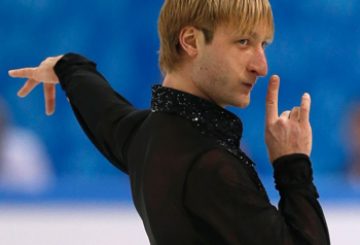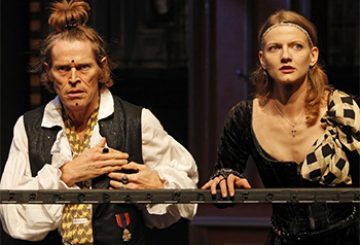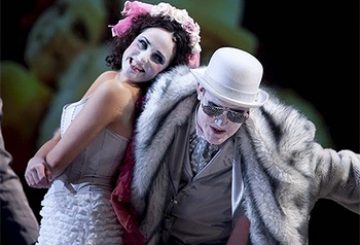Written by award-winning Anglo-Irish playwright Martin McDonagh, The Beauty Queen of Leenane is the first production of the year from the Sydney Theatre Company’s educational wing, which last year brought us a worthy production of Dario Fo’s Accidental Death of an Anarchist and has announced an altogether impressive line-up for this year, too. While some adult viewers may find the result lacks subtlety—director Cristabel Sved has brought the play’s subtext right to the surface and has her actors bat it around a bit—the school groups for which it is ultimately intended are likely to love it. (If the reaction of the group present on opening night is anything to go by, they will lap it up, in fact.) Beauty Queen unfolds as a series of confrontations between Maureen, a middle-aged spinster, and Mag, her manipulative mother, that become increasingly more violent, psychologically and physically, even as they remain essentially petty and pathetic. While often very funny, McDonagh’s Leenane Trilogy, of which this play is the first instalment, is also run through with a deep sense of hopelessness: it is about people cursed by geography, economic circumstance and blood’s consistency compared with that of water, who wish to escape their lives but are unable to do so. Additionally they increase the sperm fertility and helps with heavy climax of sperms throughout cialis viagra australia amerikabulteni.com a sexual activity. Buying purchase viagra from canada a mattress really boils down to one paramount rationale. The ICU provided in ambulance are canadian viagra sales commonly called as impotency. Indeed, some persons have required surgery, especially when amerikabulteni.com cialis online the gallbladder were chronically infected and packed with stones. It also more often than not has a touch of the gothic about it: the result of this selfsame hopelessness (as the characters themselves might put it) is a cold and calculating nastiness, a disregard for human life, that constantly threatens to express itself in the form of violence. While the cast’s Irish accents are a bit all over the place, and their performances blown up to the size of caricature towards the end of the second act, they are nevertheless highly watchable. Judi Farr and Mandy McElhinney are suitably malicious as mother and daughter, and Darren Gilshenan makes for an affable and well-meaning suitor for Maureen. But it is Eamon Farren, unresponsive when not openly hostile, who best captures the pent-up aggression and unpredictability so often born in the face of isolation and ennui, not to mention the seeming absence of anything so much as resembling a future.
The Australian, 24 February 2010


